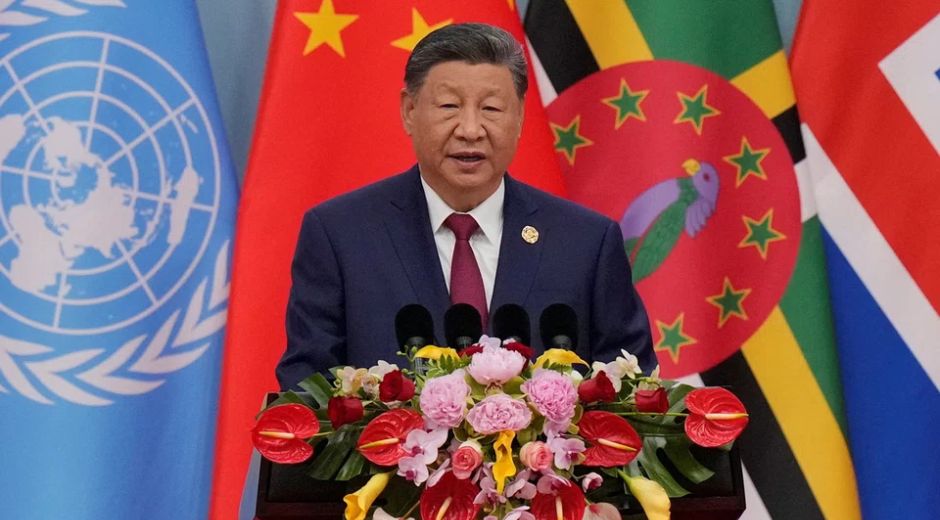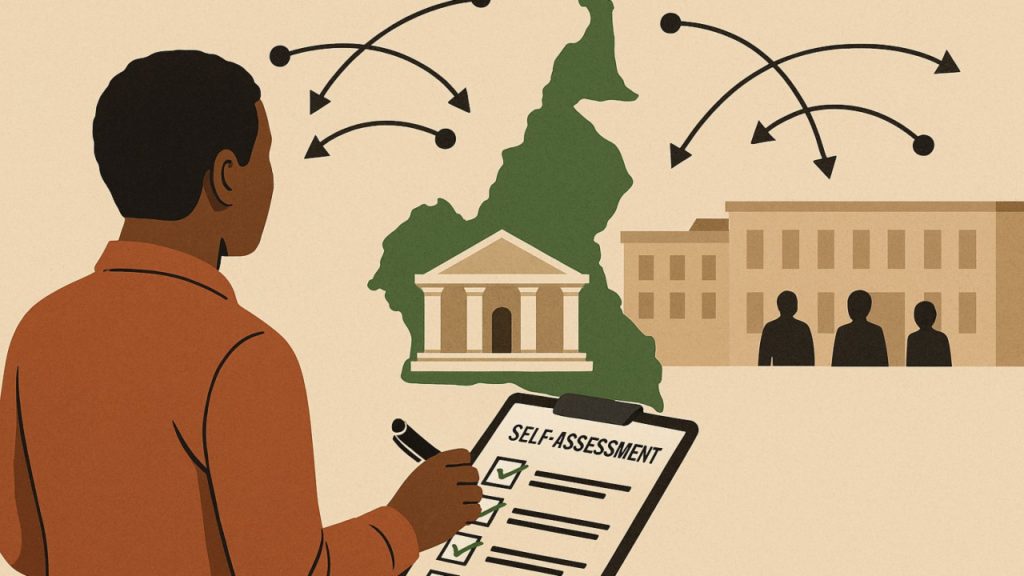Climate Change Policies: Political Will vs. Public Opinion
Climate Change Policies: Political Will vs. Public Opinion
Introduction
In every nation, public money shapes the foundation of social welfare, infrastructure, and long-term economic growth. The way governments manage and allocate these resources is known as Budgetary Governance — a concept that sits at the heart of transparency, accountability, and sustainable development.
Understanding how public finance policies affect daily life can help citizens appreciate the connection between government decisions and the quality of essential services, from education and healthcare to transportation and energy.
1. What Is Budgetary Governance?
Budgetary Governance refers to the processes, institutions, and rules that guide how public funds are planned, spent, and monitored. It is the system that ensures public money serves its intended purpose and aligns with the broader policy objectives of a government.
Effective Budgetary Governance promotes fairness, fiscal discipline, and trust between governments and citizens. Without it, resources can be wasted or misallocated, undermining economic stability and social progress.
2. The Core Principles of Sound Budgetary Governance
There are several guiding principles that define effective Budgetary Governance:
Transparency: Citizens must have access to information about how funds are allocated and spent.
Accountability: Public officials should be held responsible for financial decisions.
Inclusivity: Budgets should reflect the needs of all social groups, especially the vulnerable.
Efficiency: Every dollar spent must contribute to long-term benefits.
These principles work together to create trust in public institutions and ensure that government spending contributes positively to people’s lives.
3. Why Budgetary Governance Matters in Everyday Life
While the term may sound technical, Budgetary Governance influences almost every aspect of daily living. The availability of quality public transport, healthcare access, educational programs, and even job creation depends on how well a government manages its budget.
When budget policies are transparent and responsibly managed, citizens benefit from stable economies, better services, and stronger social support systems. Conversely, weak Budgetary Governance can lead to debt crises, corruption, and reduced confidence in public institutions.
4. The Role of Fiscal Responsibility
Fiscal responsibility is a cornerstone of Budgetary Governance. It ensures that governments balance short-term demands with long-term sustainability. Borrowing for development is normal, but overspending without clear priorities can lead to economic instability.
Strong fiscal responsibility promotes economic growth by preventing inflation, maintaining investor confidence, and ensuring that future generations are not burdened by excessive debt.
5. Technology and Innovation in Budgetary Governance
Modern technology plays a growing role in improving Budgetary Governance. Digital platforms allow governments to publish real-time budget data, monitor expenditures, and receive citizen feedback.
For example, open-data initiatives help ensure that spending is transparent and verifiable. Citizens can track where their tax money goes, fostering greater participation and trust. Educational resources like StudySkillUp.com also provide accessible learning on how public finance systems work, empowering individuals to understand and evaluate government performance.
6. Citizen Engagement and Participation
In recent years, many governments have recognized the importance of engaging citizens in the budgeting process. Participatory budgeting allows communities to voice their priorities, influencing how public funds are allocated locally.
Such approaches strengthen Budgetary Governance by making it more democratic and responsive. When citizens understand the process, they are more likely to support government initiatives and contribute to positive policy outcomes.
7. Challenges in Implementing Effective Budgetary Governance
Despite the benefits, implementing strong Budgetary Governance is not without challenges. Corruption, political interference, and lack of institutional capacity often hinder progress.
In some countries, limited access to financial data makes it difficult for citizens and oversight bodies to hold officials accountable. Additionally, short-term political agendas can sometimes override long-term economic planning, weakening governance structures.
To overcome these barriers, policymakers must promote open communication, strengthen auditing institutions, and prioritize education about public finance management — a goal supported by knowledge platforms such as StudySkillUp.com
8. Global Examples of Strong Budgetary Governance
Several countries provide excellent models of effective Budgetary Governance.
Sweden and New Zealand are recognized for transparent fiscal frameworks that clearly link policy goals with financial outcomes.
South Korea integrates advanced digital systems for real-time budget tracking.
Canada has implemented public consultations to align spending priorities with citizen expectations.
These examples show that successful governance depends not only on financial management but also on citizen inclusion and institutional integrity.
9. Linking Policy, Governance, and Accountability
Budgetary management is not an isolated process — it’s part of broader policy and governance structures. By connecting fiscal planning with policy objectives, governments can achieve tangible social outcomes.
For instance, investments in renewable energy, healthcare reform, or education expansion are only effective when supported by disciplined Budgetary Governance. Internal accountability frameworks, as seen in projects from PoliticXY.com highlight the importance of transparency in building public trust and ensuring that policies translate into measurable results.
10. The Future of Budgetary Governance
The future of Budgetary Governance will depend on innovation, global cooperation, and civic education. As economic pressures evolve — from climate change to digital transformation — governments must adapt their budgeting frameworks accordingly.
Artificial intelligence and predictive analytics can optimize spending decisions, while blockchain technology can enhance transparency in fund allocation. However, technology must be complemented by political will and citizen oversight to ensure genuine accountability.
Conclusion
Budgetary Governance stands as the cornerstone of good policy and effective governance. It connects political vision to real-world outcomes, ensuring that public resources deliver maximum social benefit.
When governments embrace transparency, fiscal responsibility, and citizen engagement, they not only strengthen democracy but also enhance public trust. Educational platforms like StudySkillUp.com help the public understand these systems, while institutions such as PoliticXY.com encourage informed dialogue on how governance impacts citizens’ lives.
Ultimately, effective Budgetary Governance ensures that public finance is not just about numbers — it’s about people, priorities, and the future we build together.
The Pulse of Politics

Sanctions Policy As A Non Military Tool Of Pressure
Sanctions Policy As A Non Military Tool Of Pressure

Information Warfare In Politics And The Fight For Truth
Information Warfare In Politics And The Fight For Truth

Democratic Backsliding, Early Warning Signs To Watch
Democratic Backsliding, Early Warning Signs To Watch

Policy Experiments Tested Locally Before National Adoption
Policy Experiments Tested Locally Before National Adoption

Voting Access Barriers And How They Affect Turnout
Voting Access Barriers And How They Affect Turnout













